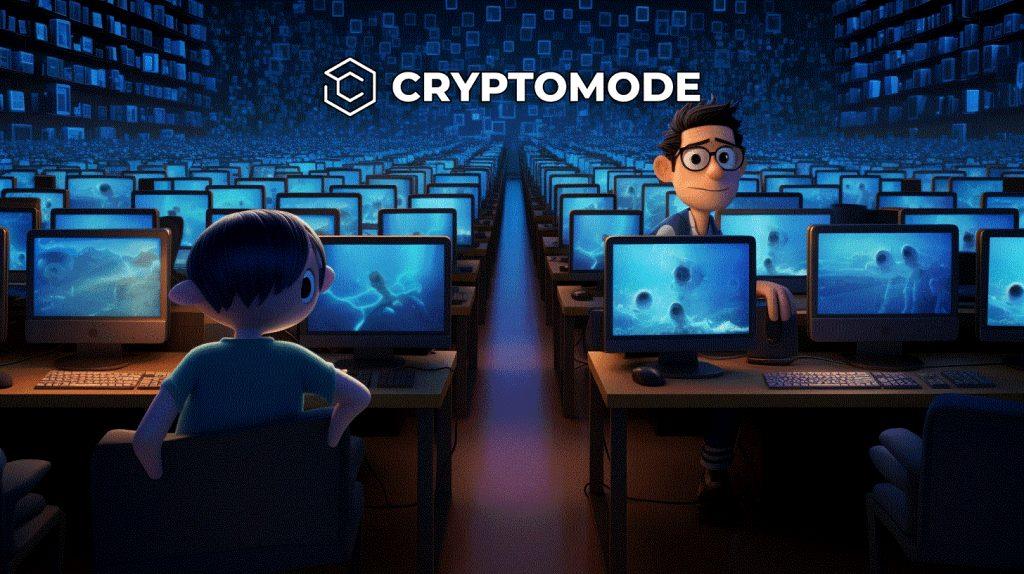
AI Agents Will Outpace Humans As Main Enterprise System Users In The Next 10 Years: Accenture
According to a recent Accenture report, AI-powered autonomy will redefine how we interact with technology. By 2030, these AI agents are expected to become the primary users of most enterprises' internal digital platforms.
By 2032, consumers will spend more time interacting with these autonomous systems than traditional mobile apps. This anticipated transformation, which Accenture's Chief Technology Officer Karthik Narain coined as the Binary Big Bang, represents a profound leap in technological evolution.
Narain explains that the breakthrough in natural language processing has disrupted how humans design, operate, and use systems across industries. These innovations reshape how businesses integrate AI into their operations, enhancing digital productivity and laying the groundwork for AI-driven enterprises.
Key AI Agents SystemsTo better understand the trajectory of AI agents, Accenture outlines three critical areas driving this transformation: agentic systems, digital cores, and generative user interfaces. These technologies are built on highly modular and composable frameworks, providing the flexibility and scalability needed for enterprises to adapt to changes within their landscape.
Agentic systems are already proving their potential in software development. With their ability to call functions, access APIs, and even create reusable code, these systems are accelerating engineering processes and expanding the possibilities of what AI can accomplish.
For instance, Anthropic's Claude 3.5 Sonnet, a leading agentic system, achieved a 49% success rate in real-world software engineering benchmarks, compared to just 5% in 2023. This dramatic improvement signals the growing capabilities of AI agents in performing complex tasks.
Digital Cores and Generative User InterfacesOn the other hand, digital cores provide the infrastructure needed to support these AI systems. They integrate data sources with analytical platforms, allowing AI agents to make data-driven decisions and automate processes.
While current agentic systems are not yet capable of constructing entire digital cores, they are already handling specific components, making the development of fully autonomous systems a tangible goal.
Generative user interfaces (UIs) represent the next frontier in AI-driven personalization. Unlike traditional UIs, which aim to provide a one-size-fits-all solution, generative UIs create custom interfaces tailored to individual user needs.
This shift is made possible by advancements in agentic systems and the availability of cheaper code. As a result, businesses can deliver more personalized and efficient user experiences.

Legal Disclaimer:
MENAFN provides the
information “as is” without warranty of any kind. We do not accept
any responsibility or liability for the accuracy, content, images,
videos, licenses, completeness, legality, or reliability of the information
contained in this article. If you have any complaints or copyright
issues related to this article, kindly contact the provider above.


















Comments
No comment